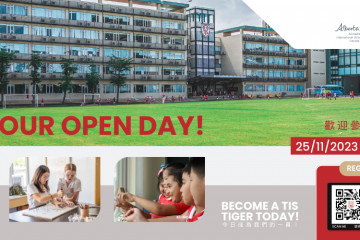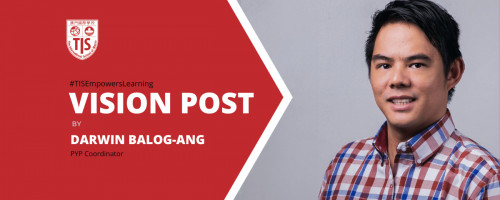
The Changing Landscape of Learning: Why PYP is the Way Forward
Take a moment to reflect on your own educational journey. What did you learn and how did you learn it? Did you have any leisure time for play and investigation, or was it primarily centred around memorization? What subjects were considered vital during your schooling, and what careers were deemed popular back then? Were phrases like "future-ready" even a part of the conversation?
I distinctly recall the day I stepped into my workplace and encountered a single computer shared by our entire department. That was just three decades ago. It's astonishing to contemplate the rapid evolution of technology during this time span. Nowadays, children are introduced to computers practically from birth, and concepts like AI, once confined to science fiction, are now a tangible reality. Today's youth grapple with an overwhelming amount of information, easily accessible at their fingertips. In contrast, we had to trek to a library to gather knowledge, while they can simply search on the internet.
So, consider your child's introduction to education. What should they prioritise learning, and when is the ideal time for them to do so? Which educational approach will provide them with the best prospects for success in an increasingly dynamic future? There is a program that meets this need and is increasingly gaining recognition - the Primary Years Programme (PYP) by the International Baccalaureate (IB).
The Changing World
First, let's understand why the world's changes necessitate a shift in teaching and learning approaches. Today, we're living in an era of unprecedented technological advancement. The last significant leap forward was the industrial revolution, which commenced in 1760. A considerable amount of time has elapsed since then, bringing us to where we are today. The rise of artificial intelligence, machine learning, big data, and other digital technologies is reshaping every aspect of our lives.
Moreover, the world is becoming increasingly interconnected. Globalisation, coupled with the digital revolution, has made it possible for people worldwide to interact with each other in real-time. This has not only created a 'global village' but also a more diverse society where cultural understanding is crucial.
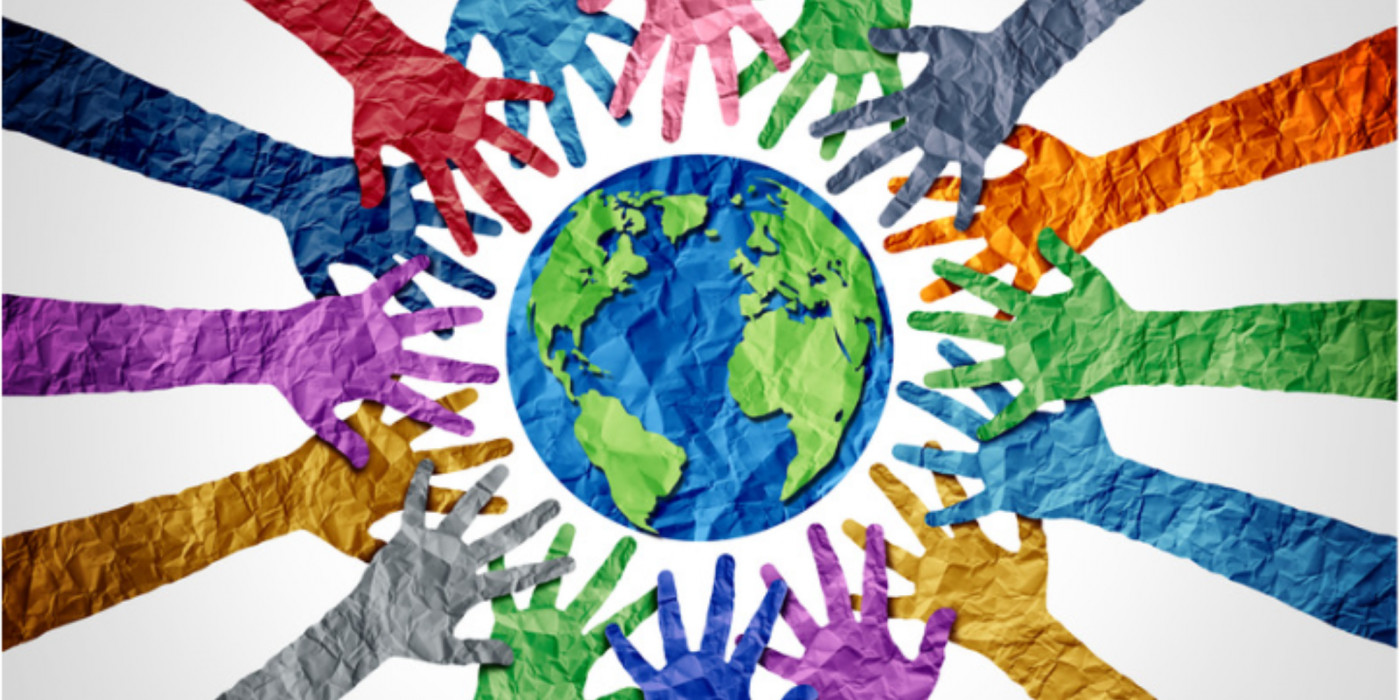
The challenges we face today are more complex than ever before. From climate change to social inequality, these problems require innovative and creative thinking, as well as sustainable solutions.
In this scenario, conventional education, which emphasizes memorization, uniformity, and rivalry, must adapt. Students require a more comprehensive, forward-thinking education that equips them for the ever-changing global environment.
Why Teaching and Learning Must Adapt
In the face of these changes, the skills and attitudes students need to succeed are also changing. Creativity, critical thinking, communication, collaboration, cultural understanding, and character, often known as the '6 Cs', are increasingly recognised as the essential competencies for the 21st century.
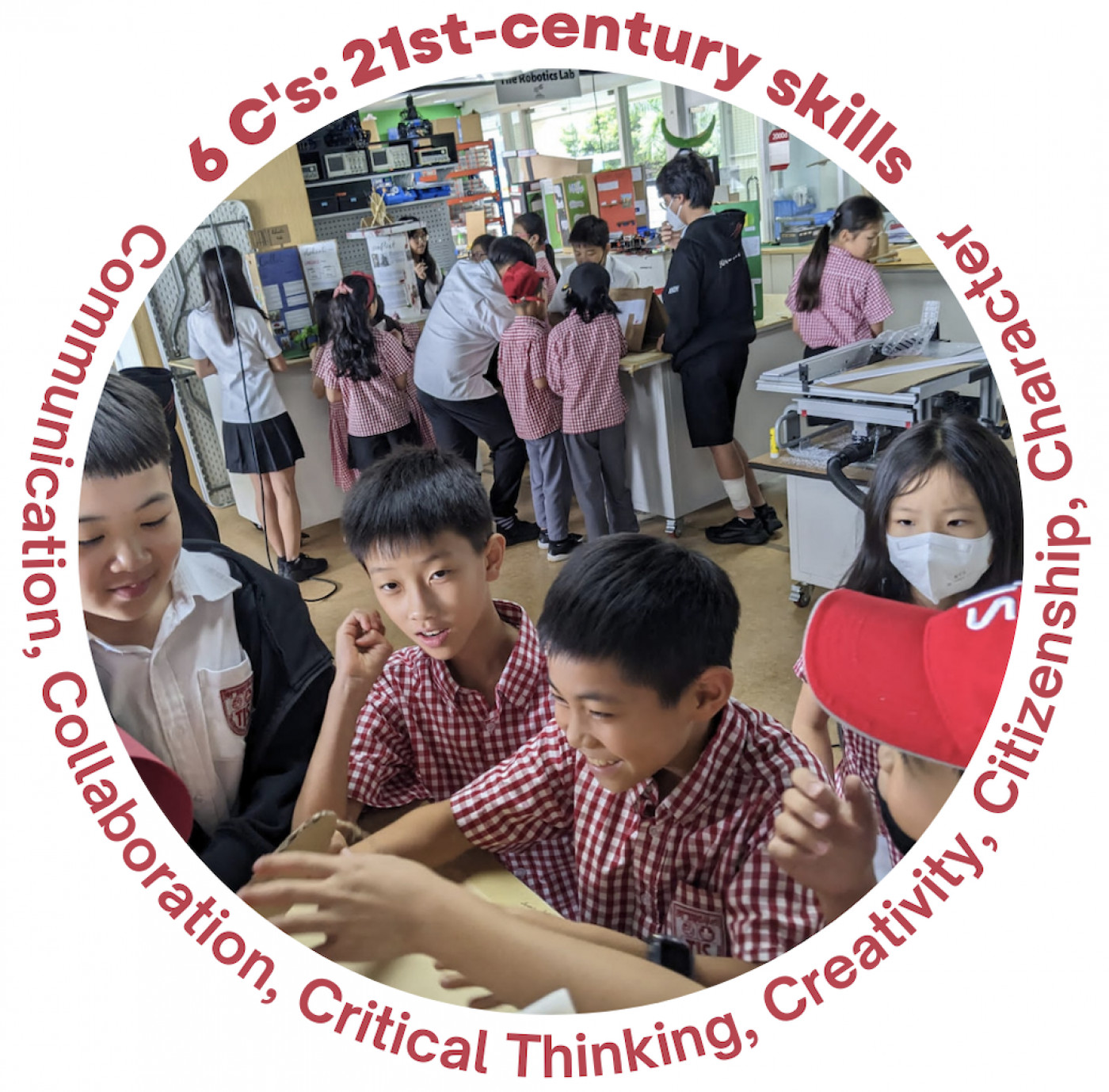
Moreover, in a world where information is readily available at the tap of a screen, the ability to learn how to learn – to question, to analyse, to make connections – is more critical than ever.
Teaching and learning approaches need to adapt to nurture these competencies. This requires a shift from teacher-centred to student-centred learning, from passive reception of information to active, inquiry-based learning, and from isolation to collaboration.
PYP: A Programme for the Future
The Primary Years Programme (PYP) provides an educational approach that aligns with these new realities. The PYP is a transdisciplinary, inquiry-based and student-centred programme focusing on the development of the whole child, addressing social, physical, emotional and cultural needs in addition to academic ones.
One of the key aspects of the PYP is its emphasis on inquiry-based learning. This involves students asking questions, exploring, experimenting, and then reflecting on their findings. This process not only enhances understanding but also fosters curiosity, creativity, and critical thinking.
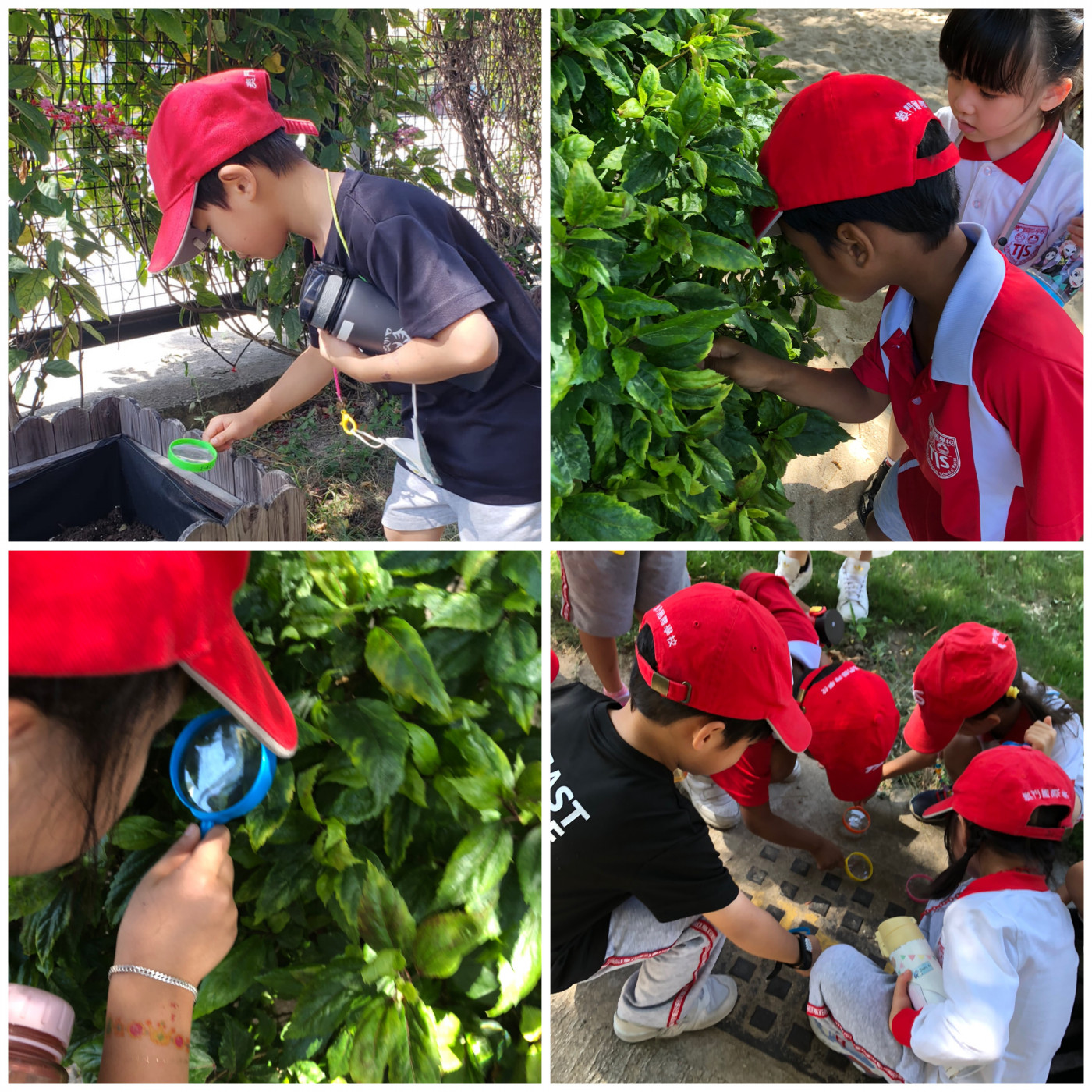
Moreover, the PYP is inherently international. It promotes intercultural understanding and respect, preparing students for global citizenship. It encourages students to become active, compassionate lifelong learners who understand that other people, with their differences, can also be right.
Finally, the PYP emphasises action and service in the community, instilling a sense of social responsibility in students. This not only makes learning more meaningful and relevant but also develops character and values.
What You Can Do
As parents, you can play a critical role in reinforcing the PYP principles and practices at home. Here are some ways you can support the implementation of the PYP framework at home.
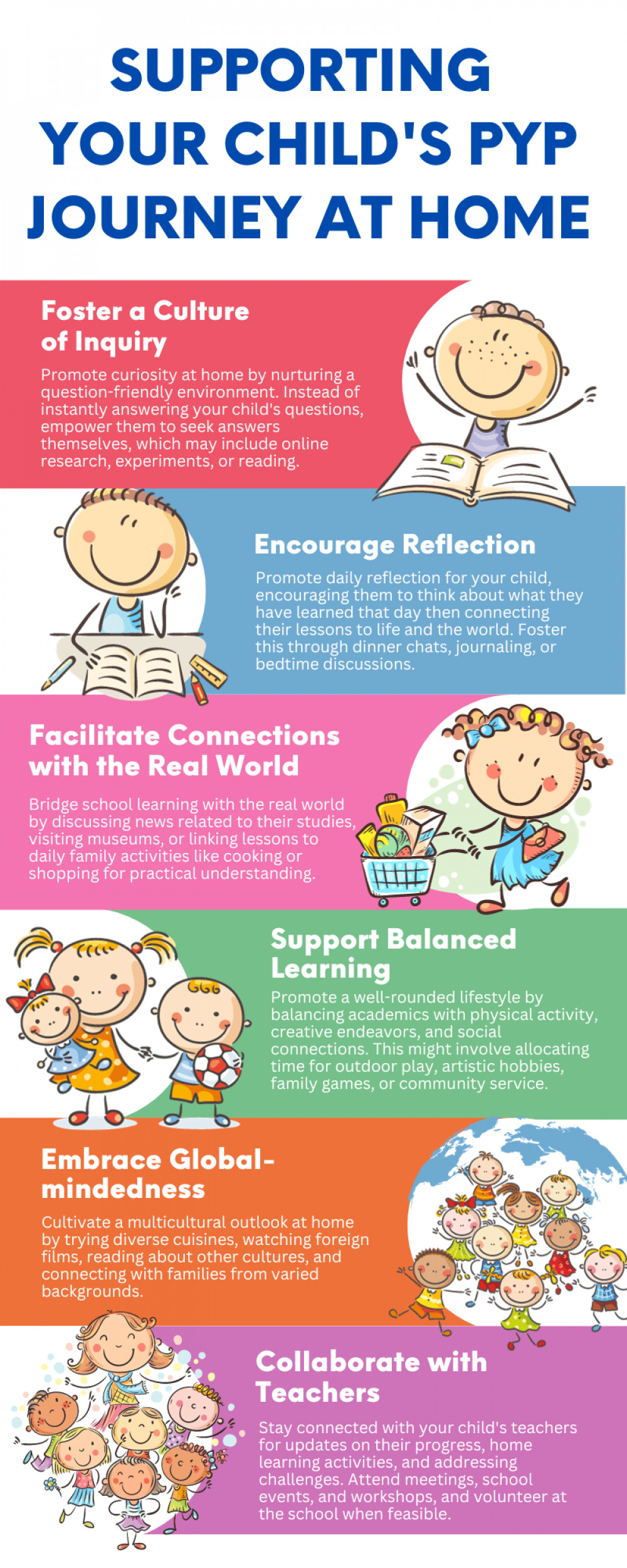
The world is changing, and education needs to change with it. The PYP, with its focus on inquiry, international-mindedness, and character, provides an education that prepares students for the future. It nurtures not only the skills and knowledge students need in the 21st century but also the attitudes and values that will help them navigate this complex, interconnected world with empathy, understanding, and resilience. As parents, isn't that what we ultimately want for our children?
Article References:
International Baccalaureate Organization. (2018, October). Primary Years Programme: Learning and Teaching. From Principles Into Practice. https://resources.ibo.org/pyp/works/pyp_11162-51681
International Baccalaureate Organization. (2020). Key findings from research on the Primary Years Programme.https://www.ibo.org/globalassets/new-structure/research/pdfs/research-pyp-key-findings-en.pdf
Jain, N., & VanZandt, P. (2023, September 20). The 6 C’s of education and their classroom importance. IdeaScale. https://ideascale.com/blog/6cs-of-education/
Bond Clegg, T. (2020, May 30). Pedagogy 101 for PYP parents. Making Good Humans. https://makinggoodhumans.wordpress.com/2020/05/30/pedagogy-101-for-pyp-parents/
Moşteanu, N. R. . (2021). Teaching and Learning Techniques for the Online Environment. How to Maintain Students’ Attention and Achieve Learning Outcomes in a Virtual Environment Using New Technology. International Journal of Innovative Research and Scientific Studies, 4(4), 278–290. https://doi.org/10.53894/ijirss.v4i4.298
